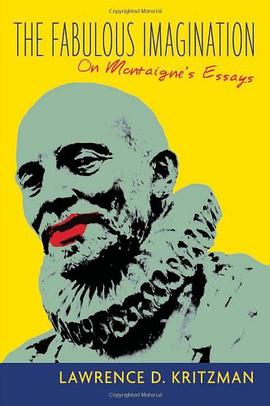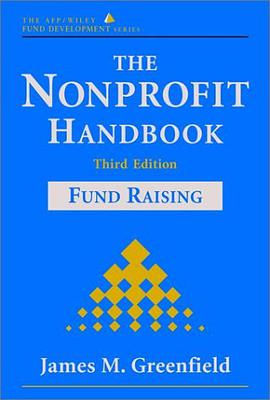

具體描述
"This is one of the few books on Montaigne that fuses analytical skill with humane awareness of why Montaigne matters."--Harold Bloom, Sterling Professor of Humanities, Yale University "In this exhilarating and learned book on Montaigne's essays, Lawrence D. Kritzman contemporizes the great writer. Reading him from today's deconstructive America, Kritzman discovers Montaigne always already deep into a dialogue with Jacques Derrida and psychoanalysis. One cannot but admire this fabulous act of translation."--Helene Cixous "Throughout his career, Lawrence D. Kritzman has demonstrated an intimate knowledge of Montaigne's essays and an engagement with French philosophy and critical theory. The Fabulous Imagination sheds precious new light on one of the founders of modern individualism and on his crucial quest for self-knowledge."--Jean Starobinski, professor emeritus of French literature, University of Geneva Michel de Montaigne's (1533-1592) Essais was a profound study of human subjectivity. More than three hundred years before the advent of psychoanalysis, Montaigne embarked on a remarkable quest to see and imagine the self from a variety of vantages. Through the questions How shall I live? How can I know myself? he explored the significance of monsters, nightmares, and traumatic memories; the fear of impotence; the fragility of gender; and the act of anticipating and coping with death. In this book, Lawrence D. Kritzman traces Montaigne's development of the Western concept of the self. For Montaigne, imagination lies at the core of an internal universe that influences both the body and the mind. Imagination is essential to human experience. Although Montaigne recognized that the imagination can confuse the individual, "the fabulous imagination" can be curative, enabling the mind's "I" to sustain itself in the face of hardship. Kritzman begins with Montaigne's study of the fragility of gender and its relationship to the peripatetic movement of a fabulous imagination. He then follows with the essayist's examination of the act of mourning and the power of the imagination to overcome the fear of death. Kritzman concludes with Montaigne's views on philosophy, experience, and the connection between self-portraiture, ethics, and oblivion. His reading demonstrates that the mind's I, as Montaigne envisioned it, sees by imagining that which is not visible, thus offering an alternative to the logical positivism of our age.
著者簡介
圖書目錄
讀後感
評分
評分
評分
評分
用戶評價
相關圖書
本站所有內容均為互聯網搜索引擎提供的公開搜索信息,本站不存儲任何數據與內容,任何內容與數據均與本站無關,如有需要請聯繫相關搜索引擎包括但不限於百度,google,bing,sogou 等
© 2025 book.quotespace.org All Rights Reserved. 小美書屋 版权所有




















